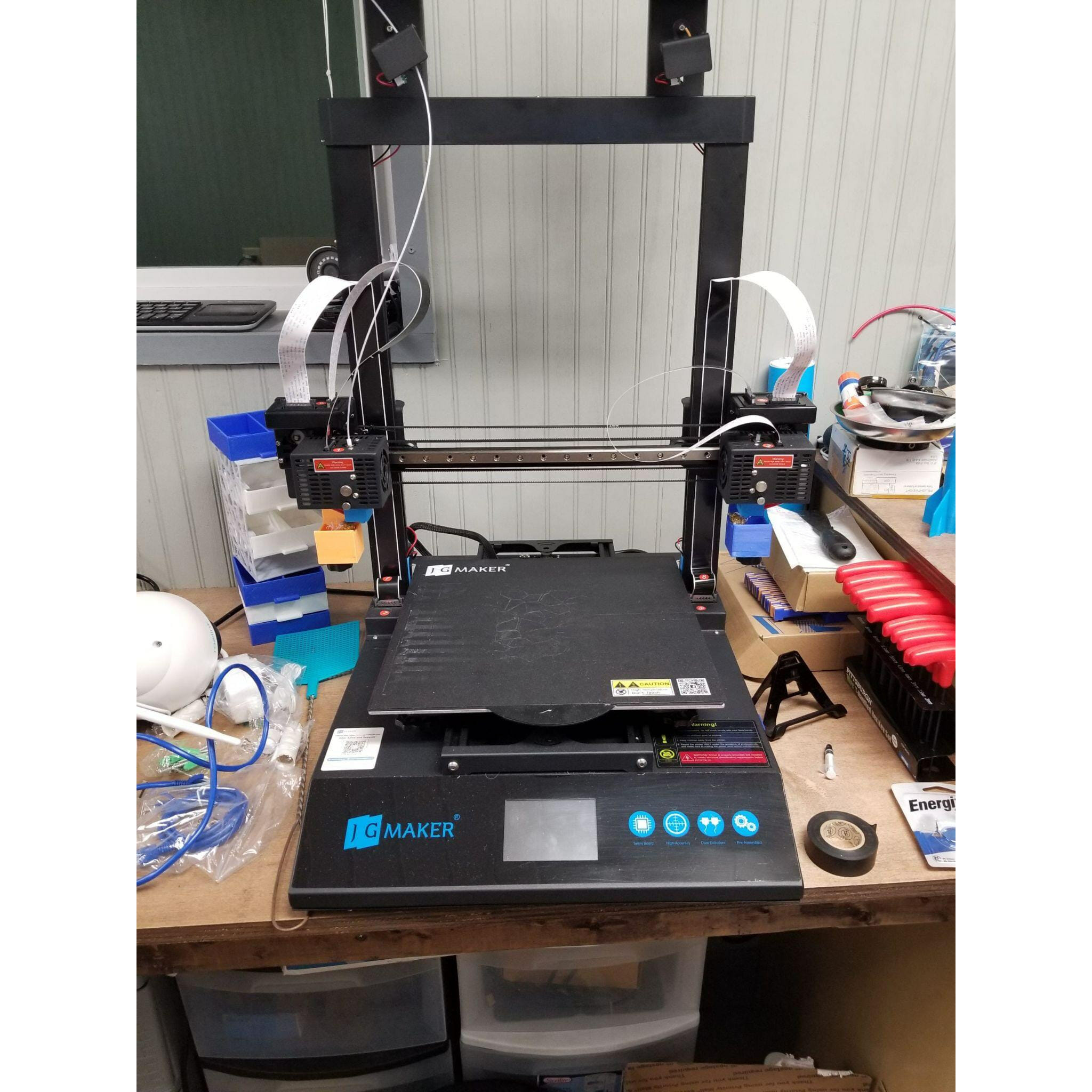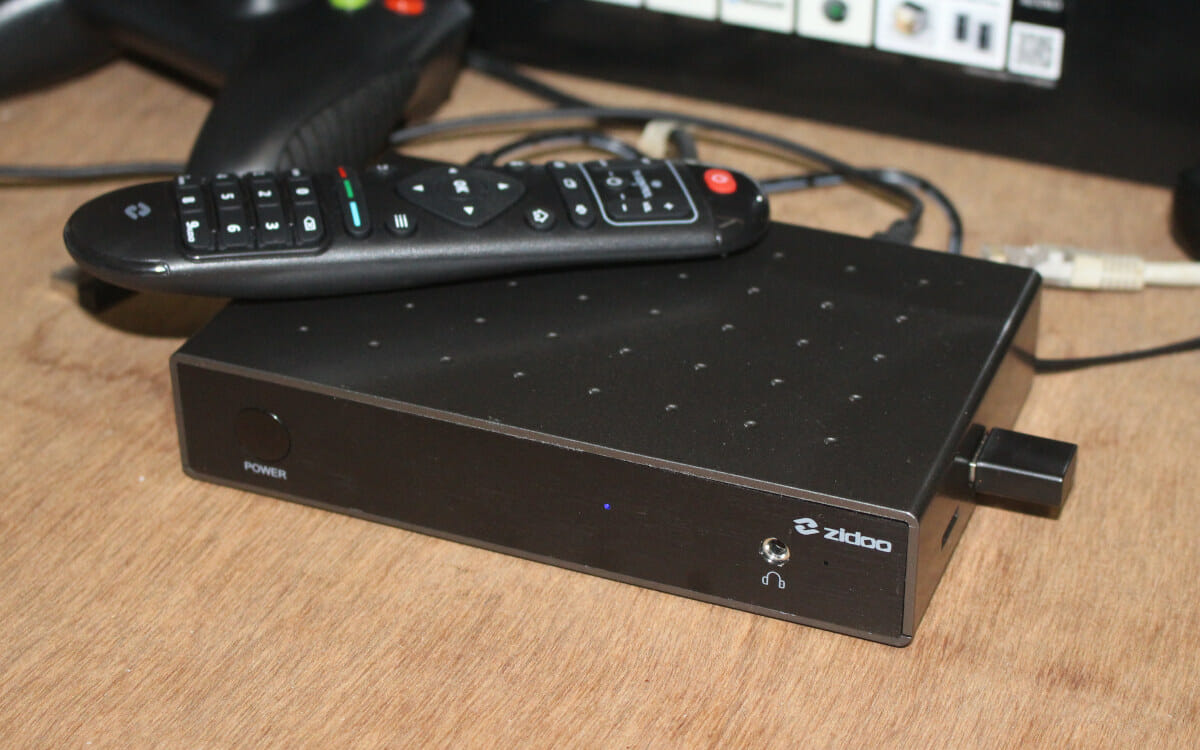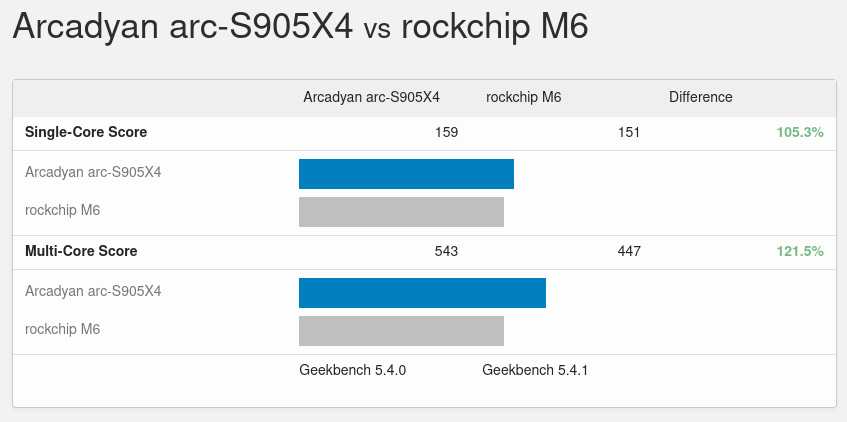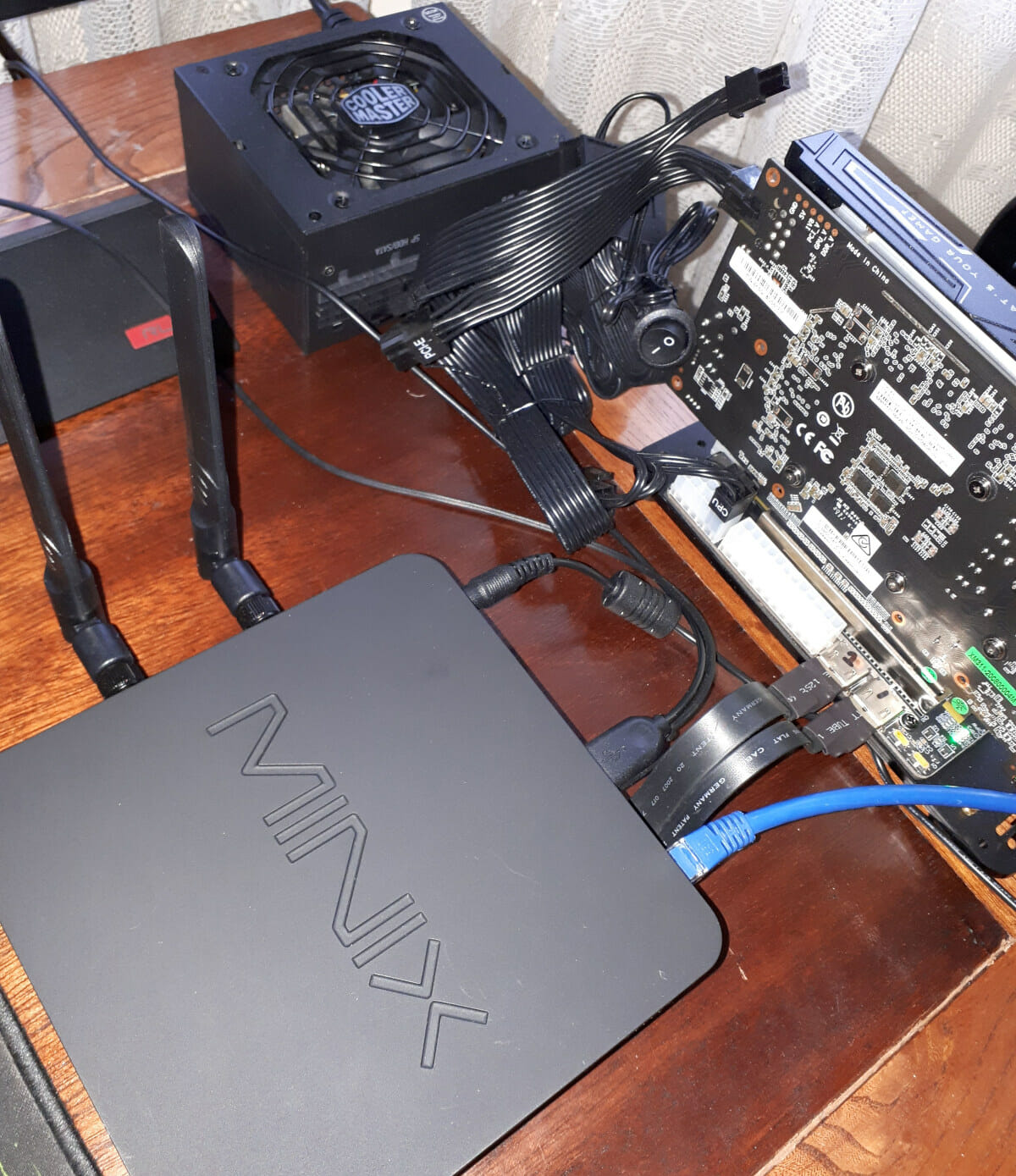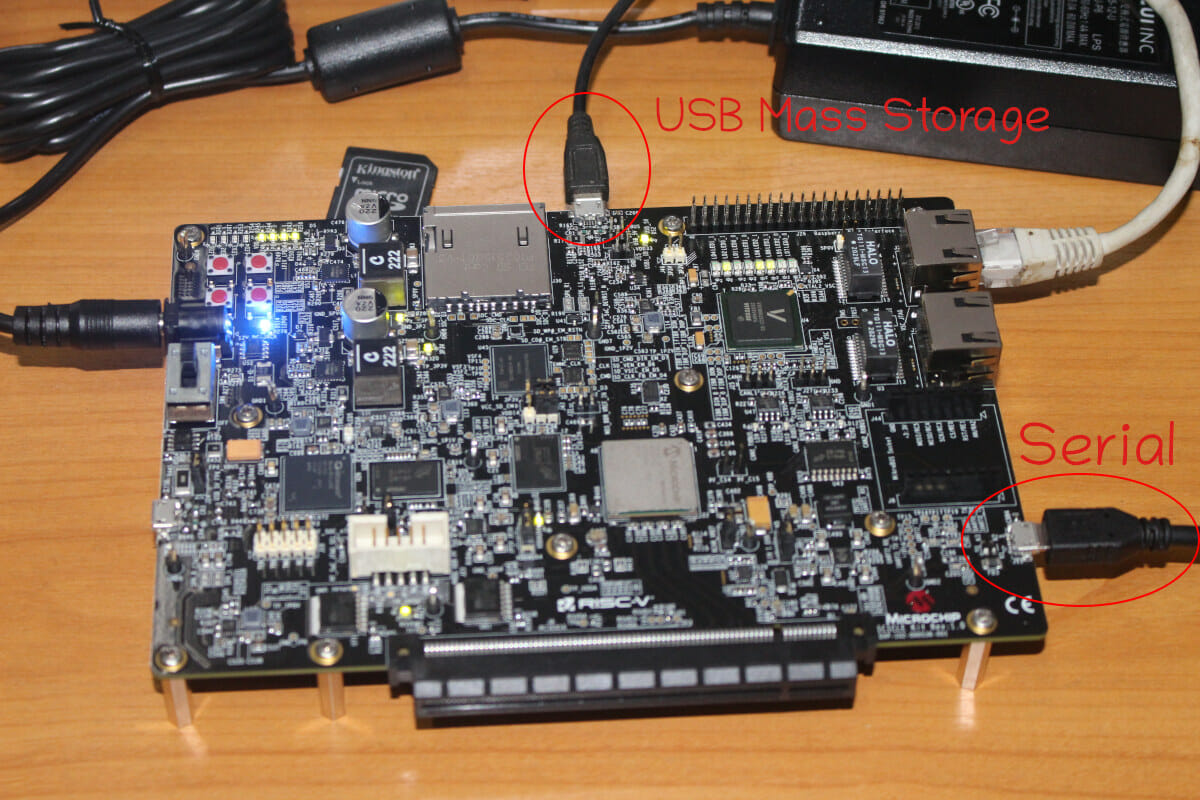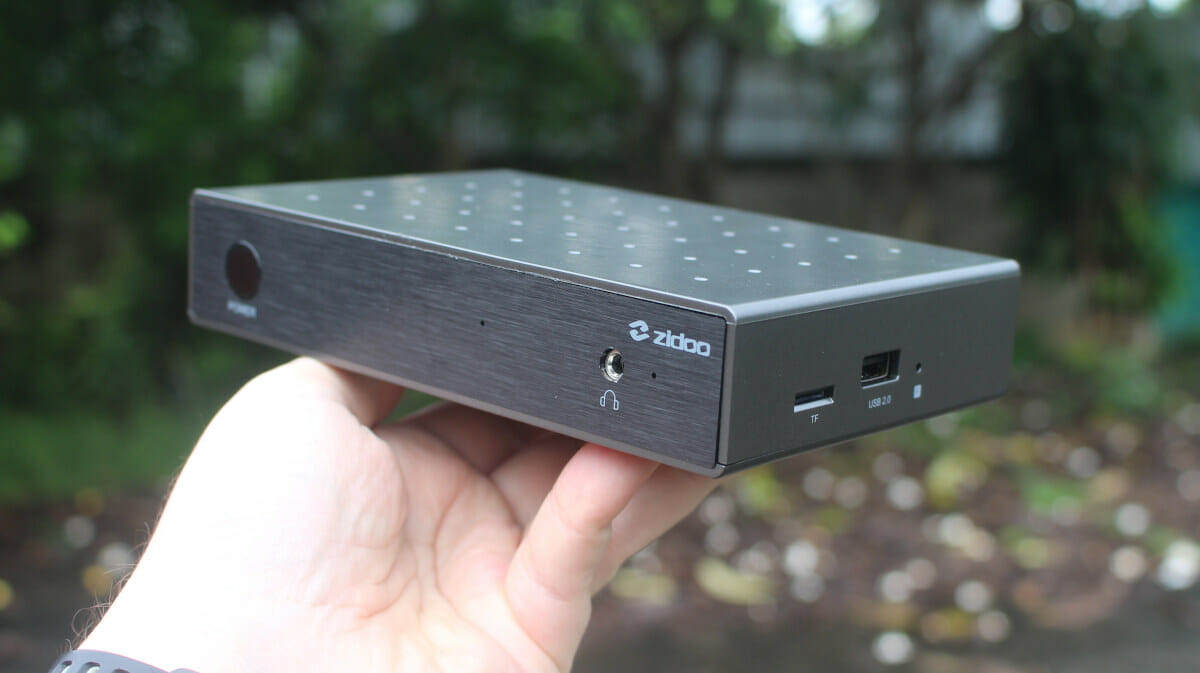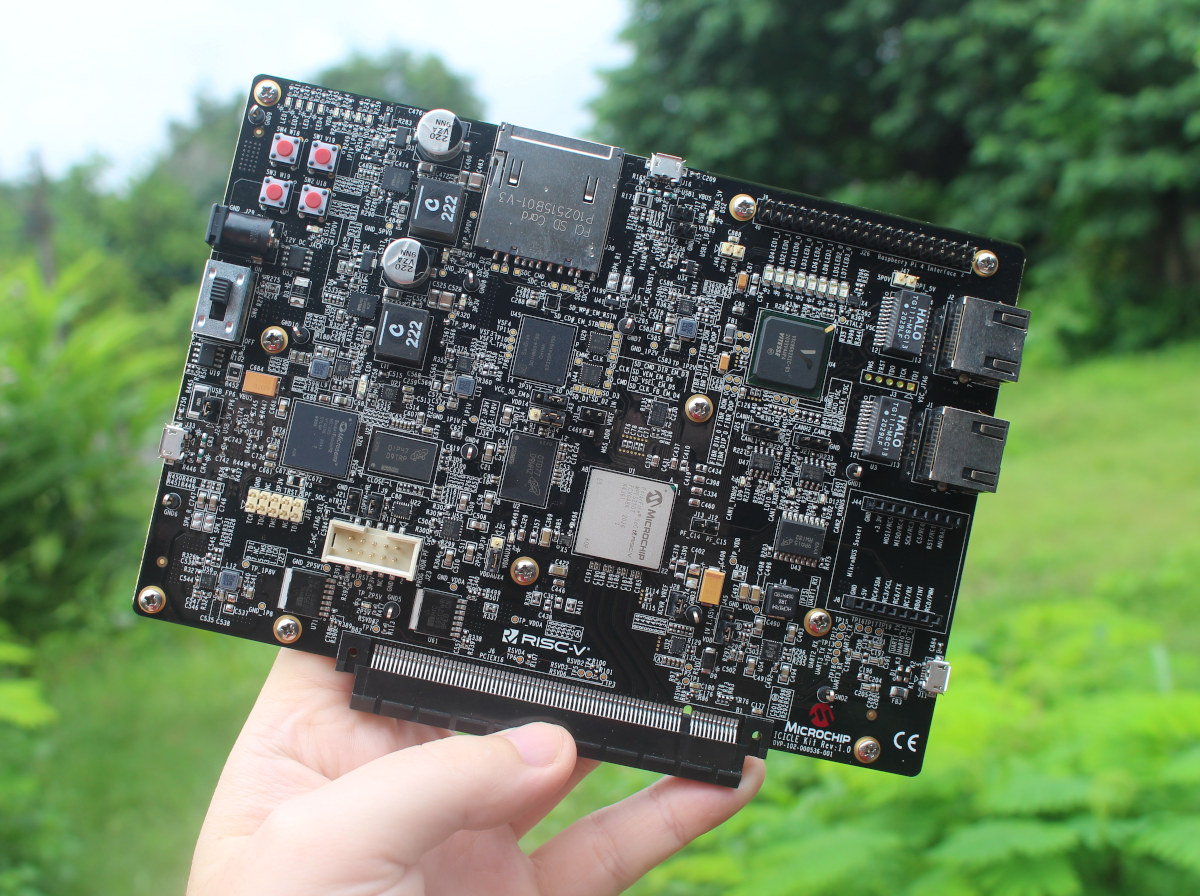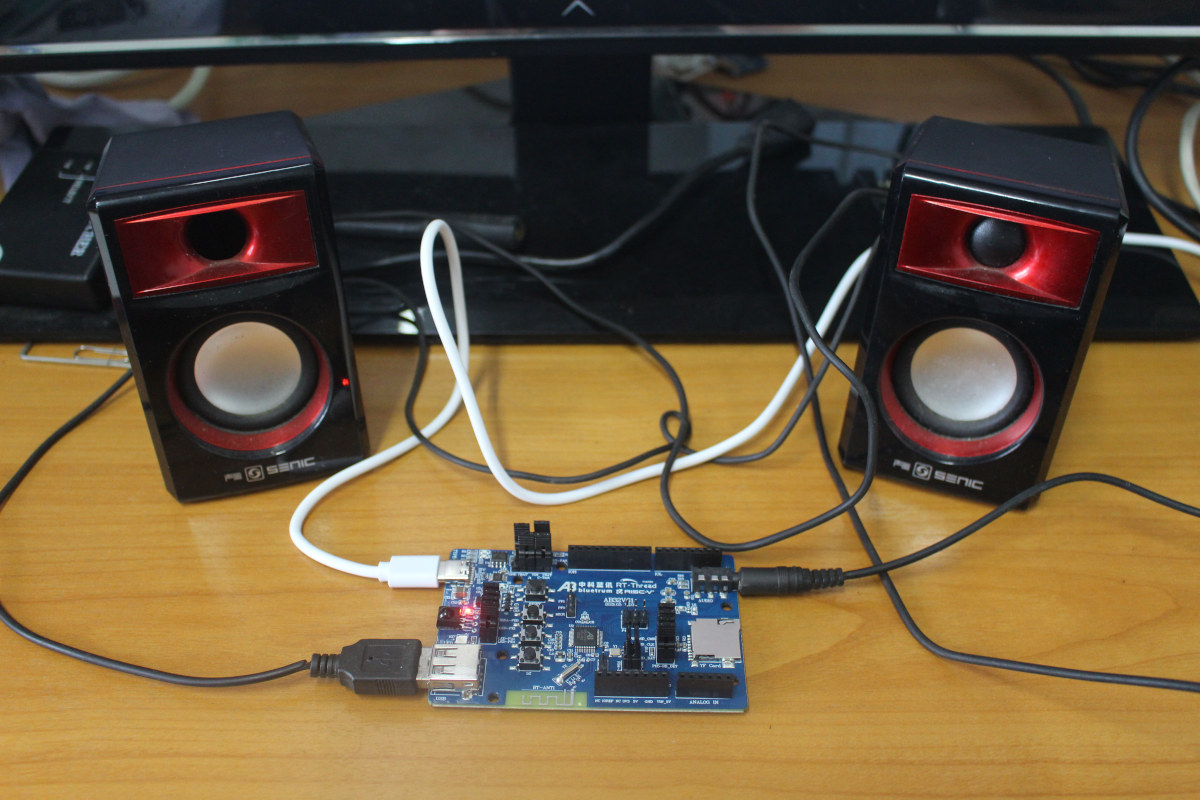Hey, Karl here for a new 3D printer review. Today we are going to look at the JGMaker Artist-D Pro. The Artist-D Pro is the successor to the non-pro version which debuted on Kickstarter and is an IDEX printer. IDEX is short for independent dual extruders and is a fancy way to say it has 2 complete hotend assemblies. From my perspective, the Artist-D was introduced with a lot of fanfare. I had several buddies back the original on Kickstarter and they seemed happy with it. But I didn’t see much value in it. I was thinking this was going to be just another printer that can print 2 different filaments. I have reviewed printers that had similar capabilities with one key difference being that they shared some common components. BUT…I quickly realized one aspect no one is talking about is speed during production runs. Unboxing, build, and calibration The […]
Zidoo M6 preview with Android 11
I’ve now had more time to play with Zidoo M6 Arm mini PC powered by a Rockchip RK3566 quad-core Cortex-A55 processor. I intended to review the device with Ubuntu, but I misunderstood, and Android 11 was pre-installed on the device. I was also told since this model is mainly for industrial control, I might want to focus on performance and connectors rather than how well all functions work. So this will not be a review, but rather a preview of Zidoo M6, since as we’ll see below there’s still more work do to fix all issues. As an industrial platform. some features like Google Services may not be needed or even desirable. First boot and Settings I’ve connected a USB keyboard for screenshots, MINIX NEO A2 Lite air mouse, an HDMI cable to my 4K TV, and the power supply to get started. I also add two AAA batteries to […]
Rockchip RK3566 Benchmarks in Android 11 (Zidoo M6)
I received Zidoo M6 last month, a mini PC based on Rockchip RK3566 quad-core Cortex-A55 processor. I initially understood it came with Ubuntu Linux, but actually, it came pre-loaded with Android 11, so I’ve decided to run some benchmarks on the RK3566 device to see how it performs compared to other Arm systems Zidoo M6 system info But before running benchmarks, let’s have a look at some system info with CPU-Z CPU-Z has never heard about RK3566, so it detects it as RK3066, but the rest of the information seems correct with a quad-core Cortex-A55 clocked between 400 MHz and 1.8 GHz, an Arm Mali-G52 GPU, 3775KB RAM, and 24.12 GB internal storage from the 32GB flash. The system runs Android 11 on top of Linux 4.19 which will be supported until December 2024. I can set the video output to 4K, but the UI is still limited to 1920×1080 […]
MINIX NGC-5 Review – Windows 10, Ubuntu 20.04, and external GPU
MINIX has just launched a new mini PC in their NGC range called the NGC-5. Although it uses a somewhat dated Intel eighth-generation Core i5 processor, the integrated Iris Plus Graphics 655 is notable for being one of the more powerful iGPU solutions. MINIX kindly sent one for review and I’ve looked at performance running both Windows and Ubuntu together with using an eGPU. Hardware Overview The NGC-5 physically consists of a 153 x 153 x 43mm (6.02 x 6.02 x 1.57 inches) square plastic case. As an actively cooled mini PC, it uses Intel’s older 14 nm++ Core i5-8279U Coffee Lake processor which is a quad-core 8-thread 2.40 GHz processor boosting to 4.10 GHz with Intel’s Iris Plus Graphics 655. The front panel has just a LED power indicator whereas the rear panel includes dual gigabit Ethernet ports, dual USB 3.1 ports, a DisplayPort 1.2, an HDMI 2.0a port, […]
Getting Started with the Yocto Linux BSP for Polarfire SoC FPGA Icicle Kit
Last month I received Microchip PolarFire SoC FPGA Icicle development kit that features PolarFire SoC FPGA with a Penta–core 64-bit RISC-V CPU subsystem and an FPGA with 254K LE, and booted it into the pre-installed Linux operating systems based on OpenEmbedded. Today, I’ll show how to get started with the Yocto BSP and run the EEMBC CoreMark benchmark, and I’ll check out the FPGA with Libero SoC Design Suite in a couple of weeks. Operating Systems supported by PolarFire SoC FPGA My initial idea was to focus this part of the review on Linux on RISC-V status, checking some system information, running some benchmarks (e.g. SBC-Bench), compiling the Linux kernel, and installing services like a LEMP stack (Linux, Nginx (pronounced Engine-X), MySQL, PHP) which could be used for WordPress hosting for instance. But then I looked at the operating systems supported with Microchip PolarFire SoC FPGA. There’s a Yocto Linux […]
Zidoo M6 Arm mini PC review – Part 1: Unboxing and Teardown
I’ve just received my first Rockchip RK3566 platform with Zidoo M6 Arm mini PC that supports Ubuntu 18.04, Android 11, and Station OS. I was sent the standard version with 4GB RAM and 32GB eMMC flash that will be suitable for most applications. I’ll start Zidoo M6 review with an unboxing and a teardown to check the hardware design and “hidden” features before reviewing with the device with Android 11 and/or Ubuntu 18.04. Zidoo M6 Unboxing There’s nothing special about the package (and that’s a good thing in order to go more easily through customs), so let’s check out the package content. Beside the box, it’s there’s an HDMI cable, a 5V/2A power adapter with a removable US plug, an IR remote control, and a user manual. The remote control comes with an IR learning function to record some of your TV keys like volume, power, and source selection without […]
A first look at Microchip PolarFire SoC FPGA Icicle RISC-V development board
Formally launched on Crowd Supply a little over a year ago, Microchip PolarFire SoC FPGA Icicle (codenamed MPFS-ICICLE-KIT-ES) was one of the first Linux & FreeBSD capable RISC-V development boards. The system is equipped with PolarFire SoC FPGA comprised a RISC-V CPU subsystem with four 64-bit RISC-V (RV64GC) application cores, one 64-bit RISC-V real-time core (RV64IMAC), as well as FPGA fabric. Backers of the board have been able to play with it for several months ago, but Microchip is now sending the board to more people for evaluation/review, and I got one of my own to experiment with. That’s good to have a higher-end development board instead of the usual hobbyist-grade board. Today, I’ll just have a look at the kit content and main components on the board before playing with Linux and FPGA development tools in an upcoming or two posts. Microchip PolarFire SoC FPGA Icicle Unboxing The board […]
Getting started with Bluetrum AB32VG1 RISC-V Bluetooth audio board using RT-Thread
Bluetrum AB32VG1 is a development board based on AB5301A RISC-V microcontroller designed for Bluetooth audio applications as well as general-purpose projects that works with RT-Thread real-time operating system. RT-Thread sent me a board for review, and I’ll write about my experience in a getting started guide for Bluetutm AB32VG1 trying out the RT-Thread Studio IDE with the LED blink and audio samples, as there’s no Bluetooth sample at this time… Bluetrum AV32VG1 Unboxing The board ships with a USB-C cable for power and programming. It offers Arduino UNO headers for expansion, a MicroSD card slot, a USB host port, a 3.5mm audio jack, an IR receiver, and a few buttons. There’s nothing to do on the bottom of the board apart from a QR Core for the WeChat app. There are also several configuration jumpers, but I could not find any documentation about these and did not mess with the […]


